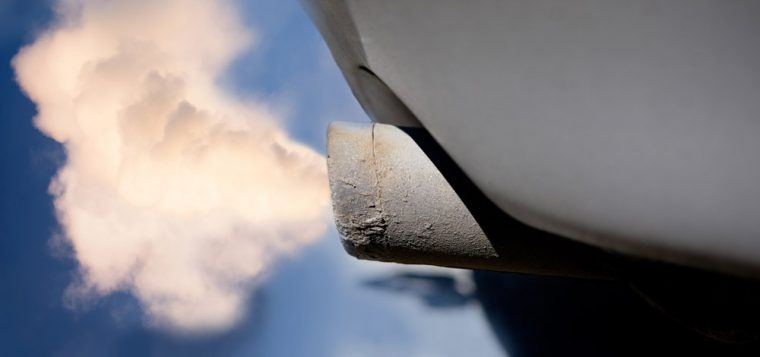How to Take a Zero-Waste Road Trip
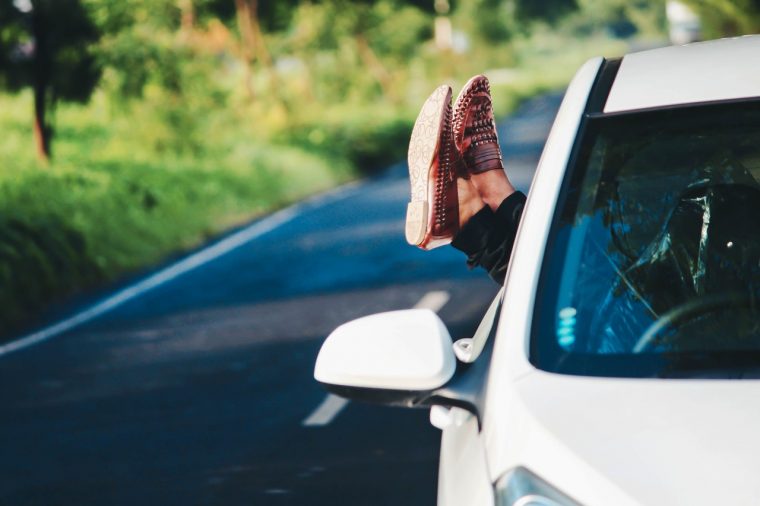
Photo:Avinash Patel
Every year, more than 8 million tons of plastic end up in our oceans. Plastic is not biodegradable, which means that it will remain — and continue to accumulate — in the oceans for hundreds or thousands of years. The plastic that doesn’t make it into the ocean ends up in landfills across the country where it simply sits. This waste comes from everyday items like product and food packaging, food waste, and recyclable items mistakenly thrown in the garbage. In an effort to combat this problem, many people have shifted to a zero-waste (or near zero-waste) lifestyle.
But if you’re trying to reduce your trash production, taking a road trip can be a big challenge. Road trips produce a significant amount of waste, from receipts at the gas station to plastic cups and fast food containers collected along the way. Luckily, there are a few ways you can reduce the amount of trash you produce during your next road trip.
How to Take a Zero-Waste Road Trip
[wptab name=”Food”]
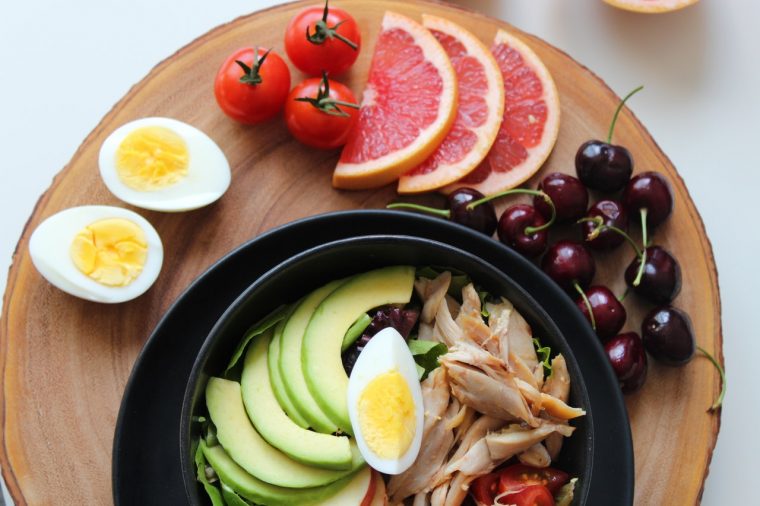
Photo: Trang Doan
Food
One of the biggest parts of living a zero-waste lifestyle, regardless of whether or not you’re on a road trip, is planning ahead. When you go to the grocery store, you’ll want to bring jars and bags to collect your food items. When you go on a road trip, you’ll want to pack your snacks before you go. Put together a sturdy cooler or other reusable container with fresh fruit, vegetables, and travel-friendly meals and snacks. Bring jars and bags with you to stop at local bulk food stores along the way for additional items as well as a set of metal utensils to avoid using plastic ones. You’ll also want to keep any leftover food scraps in the cooler for composting when you get home or use your smartphone to find local composting sites on your route.
When dining at a sit-down restaurant, ordering your drink without a straw is one of the most important steps to a zero-waste meal. More than 500 million plastic straws are thrown out every single day, causing significant harm to our planet’s wildlife. If you have to stop at a fast-food restaurant, ask them to put your drink in your reusable bottle or cup (if you’re living zero waste, you should always have one with you). Avoid ordering items that come in plastic containers such as salads or desserts. If you order a sandwich that comes in a cardboard container or wrapped in paper, that’s okay — that paper and cardboard can be composted. Kathryn Kellogg at Going Zero Waste recommends Subway as her go-to fast-food option, since their sandwich wraps and cookie sleeves can be composted — simply ask for your meal without the plastic to-go bag.
[wptab name=”Receipts”]
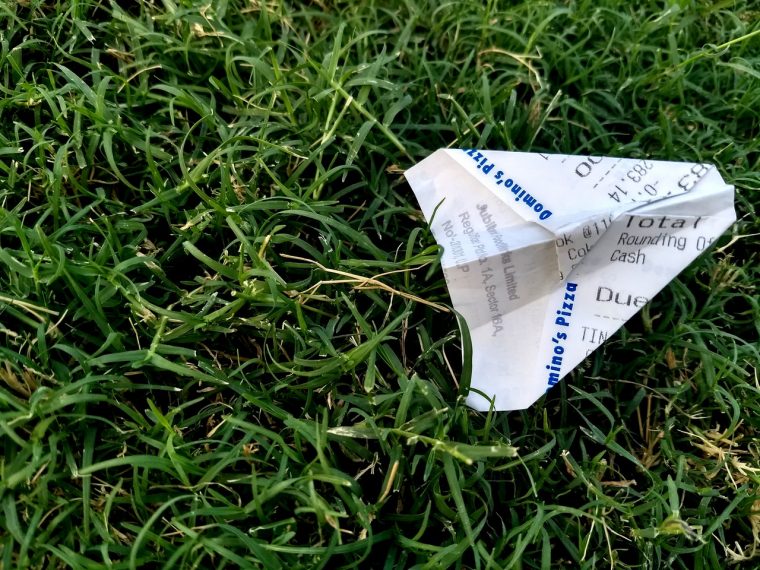
Photo: Aman Jha
Receipts
The word “no” is your friend when it comes to receipts. Many retail stores have opted out of immediately offering you a receipt. Instead, they ask you at the end of your transaction, “Would you like a receipt?” If possible, politely decline. Many receipts are not recyclable, and the paper they are printed on is treated with BPA that would be harmful to your compost, which means they end up at the landfill. There are exceptions — if your receipt is strictly printed on regular paper, you can compost it. When tips are involved (and even when they’re not), it’s best to pay with cash; paying with a credit card often requires a receipt so you can add a tip.
[wptab name=”Toiletries”]
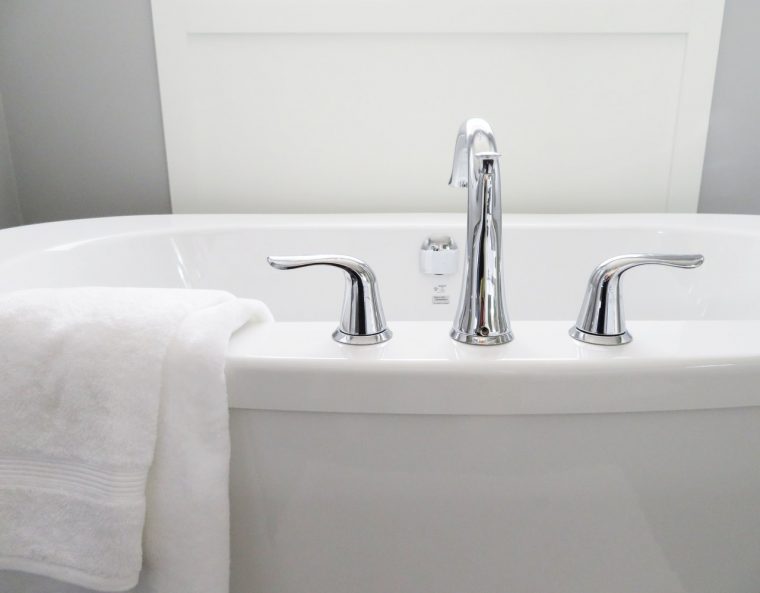
Photo: Pixabay
Toiletries
This is another step that requires some planning ahead. When you’re packing for your trip, remember to bring your own shampoo, conditioner, and other hygiene products. Avoid purchasing travel-size versions of existing products with packaging you’ll have to throw away. Instead, opt for a reusable travel-size container that you can put your products into for your trip. Hotels often provide toiletries such as shampoo, conditioner, and soap in case you forget, but they come in lots of individual plastic wraps and containers that usually head straight to the landfill.
[wptab name=”Emissions”]
Emissions
While it’s not traditional trash and landfill waste, it’s important to think about your fuel emissions when taking an eco-friendly road trip. Being in the car for any period of time releases emissions, but long road trips can be especially harmful. Choose a fuel-efficient vehicle — such as a hybrid or an electric car — if possible. If you don’t have access to an electric-powered, there are several other ways to increase your car’s fuel efficiency on the road. These include keeping up with regular car maintenance, planning your route ahead of time, and driving defensively.
[wptab name=”Cleaning Supplies”]
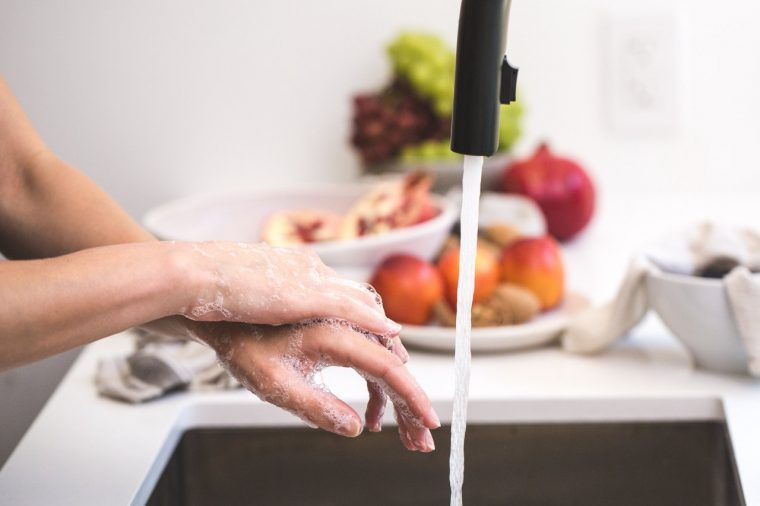
Photo: Burst
Cleaning Supplies
Since you’re bringing your own travel containers, you’re going to need to wash them. Whether you’re staying in a hotel room or at a campsite, you should be able to find running water to wash your containers, but it’s unlikely they’ll provide you with dish soap (let alone in waste-free containers). Kathryn Kellogg recommends bringing your own dish soap as well as any other cleaning supplies you might need, such as reusable sponges or rags. It’s probably a good idea to bring along some wash cloths for the car, too, in case of any spills or messes — especially if you have kids along for the ride.
[end_wptabset]
Sources: Earth Day Network, Going Zero Waste, The Sustainability Co-Op, Post-Landfill Action Network (PLAN)
Meg Thomson is a writer, photographer, blogger, and activist. When she isn’t writing, Meg can be found immersing herself in television scripts, adopting and playing with animals, or updating lists of her dream travel destinations (the list never ends). Meg believes writing is power, and equality is essential. She is determined to make a difference in the world, one word at a time. See more articles by Meg.




